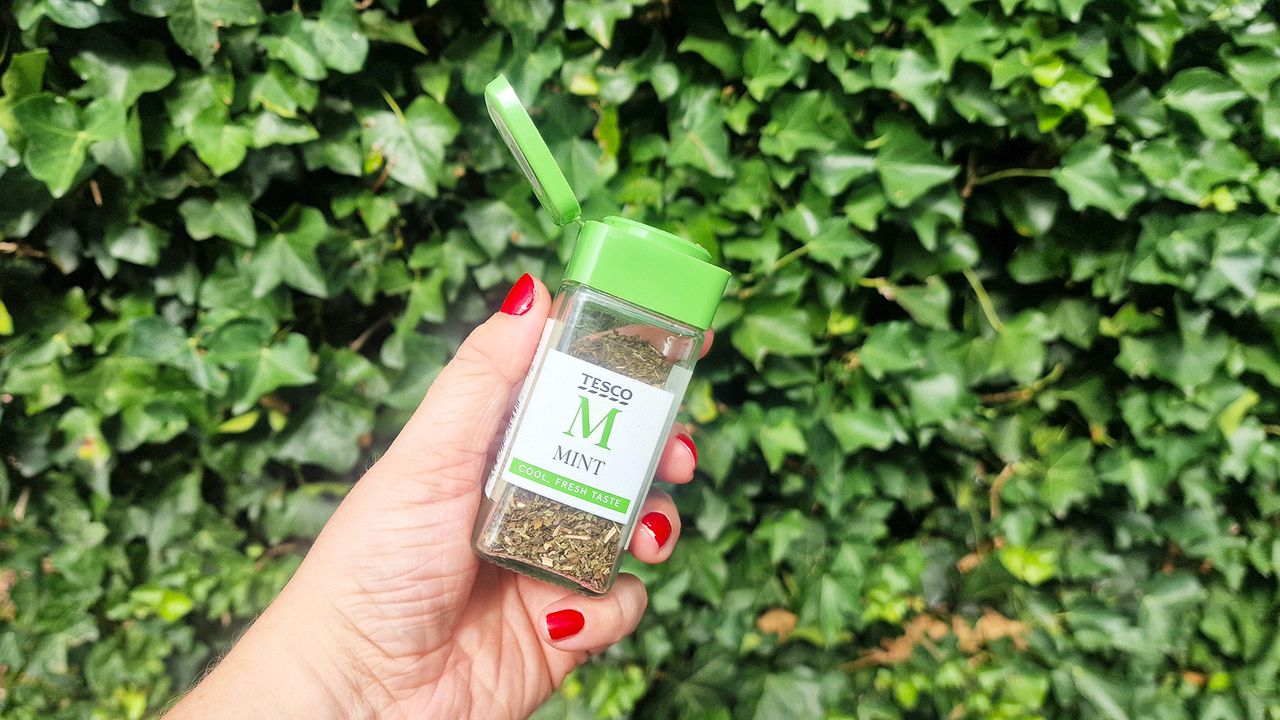Lifestyle
Homeowners Urged to Use Mint as a Natural Mouse Repellent

As the warmer months approach, pest control experts are recommending a simple and natural method to deter mice from residential areas. Homeowners are encouraged to sprinkle dried mint around their yards, a practice that could help prevent rodent infestations without resorting to toxic chemicals or expensive pest control services.
According to Ed Dolshun, Vice President of Business Development and Technical Director at Catchmaster, rodents are heavily reliant on their sense of smell to locate food. He states, “Sprinkling your garden with mint can work as a mild to low deterrent for most rodents because it overwhelms their sensitive noses.” The effectiveness of this method is particularly attributed to dried peppermint, which contains higher levels of menthol compared to spearmint.
How to Utilize Mint Effectively
Implementing this strategy is straightforward. Sara Rubens, a certified garden coach and founder of SeedtoSanctuary.com, suggests scattering dried mint around the perimeter of garden beds and near any entry points where rodent activity has been noticed. She notes, “You can also tuck it into small mesh sachets or cheesecloth bags and place them in garden corners, raised beds, or even near compost bins.” For optimal results, it is advisable to refresh the dried mint regularly, especially after rain, as moisture can diminish its potency.
In addition to mint, combining it with other natural deterrents, like garlic spray or crushed red pepper flakes, can create a more effective barrier against pests. Rubens emphasizes that if homeowners choose to grow mint, it is best to keep it in containers to prevent it from overtaking other plants.
Comprehensive Strategies for Rodent Prevention
While using mint can be a helpful measure, it is important to recognize that it is not a foolproof solution. Identifying and sealing potential entry points is crucial in preventing a rodent problem. Mice can fit through gaps as small as 1/4 inch, making thorough inspections around the home essential.
Experts recommend removing food sources near the home, such as pet food and water bowls, and keeping outdoor areas tidy by clearing debris and clutter. Additionally, utilizing steel wool to seal any openings can be an effective and inexpensive method to block unwanted access to your property. Steel wool is readily available in stores for as little as $1.
Dolshun adds, “Mint alone will not stop a truly determined rodent. If you are dealing with a heavy rodent problem, this would not be my first suggestion.” He advises that the priority should be on behavior-based control, addressing non-organic food sources and potential nesting sites before considering the use of mint.
By taking a multi-faceted approach that includes both natural and preventive measures, homeowners can better safeguard their properties against rodent infestations this summer.
-

 Technology5 months ago
Technology5 months agoDiscover the Top 10 Calorie Counting Apps of 2025
-

 Health3 months ago
Health3 months agoBella Hadid Shares Health Update After Treatment for Lyme Disease
-

 Health3 months ago
Health3 months agoErin Bates Shares Recovery Update Following Sepsis Complications
-

 Technology4 months ago
Technology4 months agoDiscover How to Reverse Image Search Using ChatGPT Effortlessly
-

 Technology1 month ago
Technology1 month agoDiscover 2025’s Top GPUs for Exceptional 4K Gaming Performance
-

 Technology2 months ago
Technology2 months agoElectric Moto Influencer Surronster Arrested in Tijuana
-

 Technology5 months ago
Technology5 months agoMeta Initiates $60B AI Data Center Expansion, Starting in Ohio
-

 Technology5 months ago
Technology5 months agoRecovering a Suspended TikTok Account: A Step-by-Step Guide
-

 Health4 months ago
Health4 months agoTested: Rab Firewall Mountain Jacket Survives Harsh Conditions
-

 Lifestyle5 months ago
Lifestyle5 months agoBelton Family Reunites After Daughter Survives Hill Country Floods
-

 Technology4 months ago
Technology4 months agoHarmonic Launches AI Chatbot App to Transform Mathematical Reasoning
-

 Technology3 months ago
Technology3 months agoUncovering the Top Five Most Challenging Motorcycles to Ride









